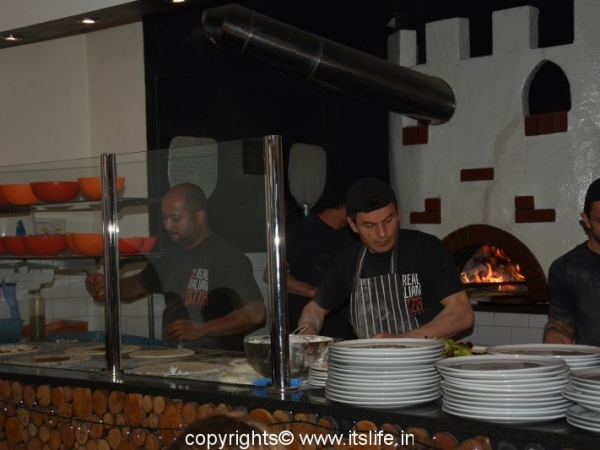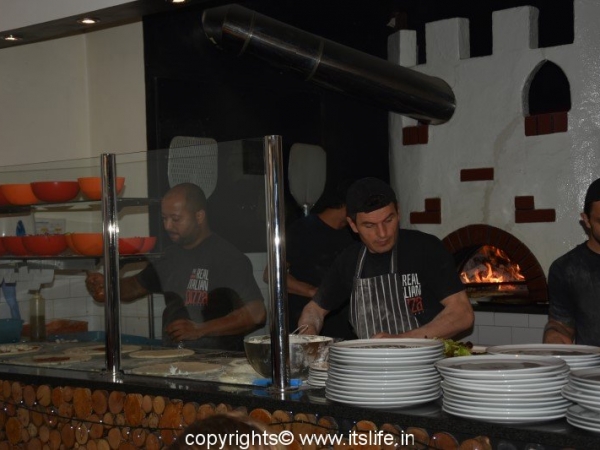Cookery Terms and Expressions used in various recipes might appear mind boggling. Here is a list of some of the terms and a description of the same.
|
Cooking Term
|
Description
|
| al dente | In cooking, the adjective al dente (IPA: [al dente]) describes pasta and (less commonly) rice that has been cooked so as to be firm but not hard. Keeping the pasta firm is especially important in baked or “al forno” pasta dishes. The term comes from Italian and means “to the tooth” or “to the bite”, referring to the need to chew the pasta due to its firmness. |
| Blanch | This term means to plunge foods into boiling water for a few seconds or a few minutes, then remove and place in ice water. This process sets the color of vegetables, lets you easily peel fruits, and slip the skins off nuts. The food does not cook all the way through, so crisp texture is preserved. |
| au gratin | Covered with bread crumbs and sometimes butter and grated cheese, and then browned in an oven: vegetable au gratin. |
| Casserole | In cooking, a casserole (from the French for ‘stew pan’) is a large, deep pot or dish used both in the oven and as a serving dish. In the mid-twentieth century[citation needed], the word also came to be used for the food cooked and served in such a dish. These foods usually consist of vegetables and sometimes meat, pasta, or rice cooked slowly in sauce or other liquid, and may be served as a main course or a side dish. Casseroles tend to be thicker than stews and soups, thick enough to be served on a plate and eaten with a fork |
| Saute | Sautéing is a method of cooking food that uses a small amount of fat in a shallow pan over relatively high heat. Sauter means “to jump” in French. It most likely gets the name for one of two reasons, because the food is cooked until it “jumps” or because the food is jumped in the pan. Example, Vegetable Saute |
| baste | To baste means to spoon or pour a liquid over foods, during cooking or grilling. The liquid may be a marinade, the drippings from the bottom of the pan, or a fat like butter or oils. |



